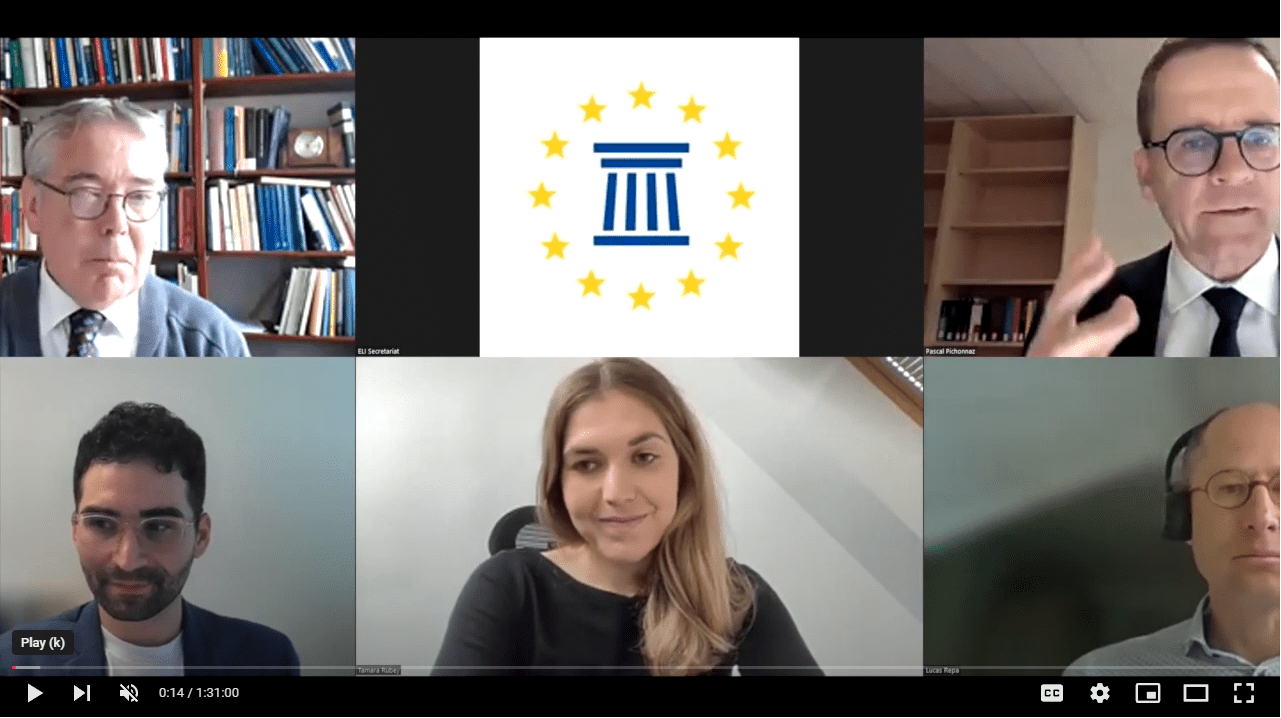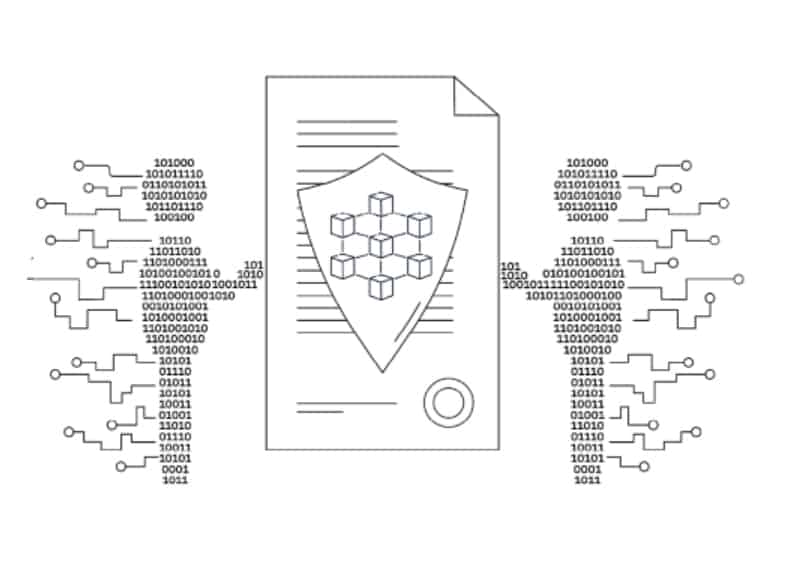The European Law Institute (ELI) Principles on blockchain technology, smart contracts and consumer protection in this field are finally out! The EC principles of Blockchain technology and smarter working principles is available here:
Why principles on Blockchain Technology and Smart Contracts?
DLT and blockchain technology have become widely applied. However, traditional legal doctrines on blockchain and Smart Contracts are not yet well developed, which results in significant legal uncertainty for all parties involved.
The published ELI principles follow an approach which is aimed at being both functionally equivalent to existing law and technologically neutral. To deal with the existing legal divergence in and outside Europe, the Principles are drafted in functionalist terms, avoiding jurisdiction-specific terminology as much as possible. Also, the Principles are formulated quite generally and in such terms that, in light of rapid technological advances, both the risks of under- and overinclusion are avoided.
ELI’s Principles on Blockchain Technology, Smart Contracts and Consumer Protection will support legislators in drafting sets of specific rules that are more appropriate to contracts in this field whenever such a derogation from traditional contract law is fitting. They will also help judges in their roles as interpreters of the resulting legislation.
We are very proud to have EY Law Austria lawyer Martin Hanzl, head of our New Technologies Desk, working on that EU blockchain project. Congratulation to the EU project group and Sjef van Erp for chairing this project and working on this exciting topic of Blockchain.
Webinar: ELI Principles on Blockchain Technology, Smart Contracts and Consumer Protection
Martin Hanzl and other experts of the ELI project group discussed the principles in the ELI webinar. Click on the picture to rewatch it on YouTube:
Presentation of the ELI principles for Blockchain Technology
The ELI webinar was opened by Pascal Pichonnaz, ELI president and Professor at the University of Fribourg, who pointed out that the estimations for the global blockchain technology market size by 2030 lie at around EUR 1.46 trillion (in comparison to the pharmaceutical industry, which is estimated at EUR 1.25 trillion by the same period). This shows the importance of the ELI Principles, which might help to address important unanswered questions in this area.
EU Project’s leader Sjef van Erp, Emeritus Professor of Civil Law and European Private Law at Maastricht University, together with the Co-chair and Attorney-at-law at EY Law Austria Martin Hanzl went on to briefly present the ELI Principles, adding that they could be a good basis for a project on the regulation of Non-Fungible tokens and that the Uniform Law Commission has begun a project on the tokenisation of real estates. Hanzl pointed out that the aim of the Principles was to give a guidance on how to deal with this phenomena from a legal, but also practical point of view.
The Principles draw a distinction between private and public blockchain as well as smart legal contracts (a legally binding declaration of will, such as an offer or acceptance or constitute a legal agreement itself; or merged with the legal agreement and therefore exists simultaneously both on-chain and off-chain) and transacting smart contracts (mere code and no legal agreement exists; or a tool to execute a legal agreement; the legal agreement exists off-chain), to reflect the variety of situations in which such technology could be used. Van Erp focused on the Principles dealing with consumer protection, emphasising the need for weaker parties to be given additional protection in this context. The ELI Principles therefore draw on solutions provided for in the EU consumer acquis and the regulatory framework on financial instruments. The Principles also introduce a duty to (re-)code, ie a duty to include the right of reflection and the right of withdrawal into a smart contract.
Event Tip: ELI Annual Conference 2023
We are pleased to announce that the 2023 ELI Annual Conference will take place from 6–8 September and will be hosted in Vienna, Austria. Details will be published on the European Law Institute website




